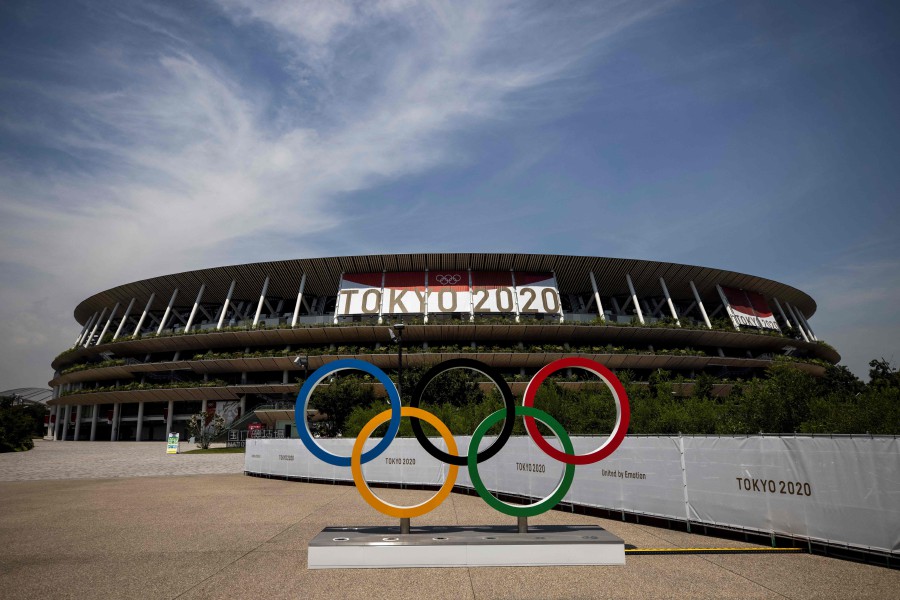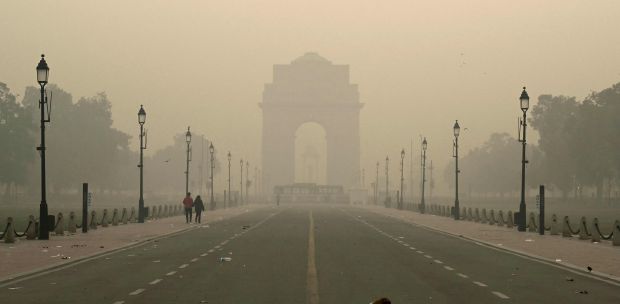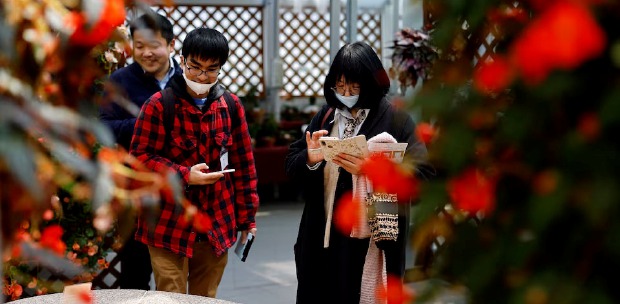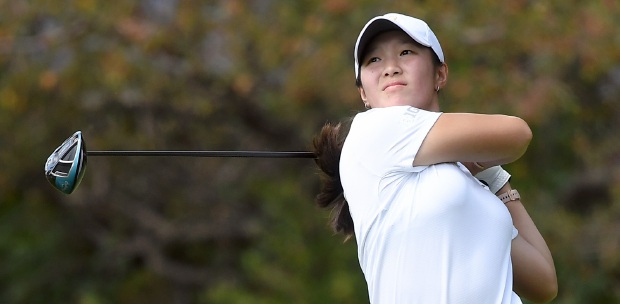THE biggest international sports event, Tokyo Summer Olympics, will start tomorrow. It was delayed by a year because of Covid-19. The Paralympics will be staged from Aug 24 to Sept 5. Malaysia is represented by 30 athletes in this Olympics.
The Olympics are portrayed as apolitical. However, geopolitics has diluted the apolitical nature of the Games. Huge revenues from broadcast and advertisement deals, tickets, Olympics merchandise, sponsorship and the like undoubtedly have become attractive income to the organisers.
These and other factors are said to have significantly influenced the decision-making in International Olympic Committee (IOC) and the host.
Billions were spent on building stadiums, facilities and the preparation of the Games. Broadcasting and advertisement contracts, the assurance of enormous hotel and related hospitality services were committed by IOC and the host.
A poll conducted by Asahi Shimbun on June 26 and 27 shows that 38 per cent of respondents are in favour of holding the Olympic and Paralympic Games, 33 per cent agree to cancel and 27 per cent want a new postponement. Simply put, 60 per cent of respondents opposed to hold the Games.
On July 14, the same newspaper reported that IPSOS poll shows 57 per cent of respondents are not in favour of holding the event, whereas 43 per cent agreed. This poll was conducted in 28 countries; 86 per cent South Koreans, 78 per cent Japanese, 68 per cent Canadians and 48 per cent Americans are against the Games going ahead.
Regardless, Tokyo Olympic and Paralympic Games will start as planned. Prime Minister Suga Yoshihide not only has been telling every citizen that Tokyo 2020 is safe and secure since January, he also stresses that the success of the Games is an excellent demonstration of how Japan has managed to deliver and overcome the life-threatening pandemic. These claims are not validated yet. Let's examine four realities below.
FIRST, infection situation is assessed in four stages. In Stage 3, weekly reported new infected cases per 100,000 is 15 to 24 persons; number of people in medical treatment per 100,000 is 20 to 29 persons. In Stage 4, weekly reported new infected cases per 100,000 is more than 25 persons; number of people in medical treatment per 100,000 is more than 30 persons.
Notwithstanding, on July 16, the Tokyo Metropolitan area has had 44 people in weekly reported new cases per 100,000. Just as serious, there are 54 people in medical treatment per 100,000. Kanagawa Prefecture, part of the Greater Tokyo area, has weekly reported new cases of 26 and 28 people in medical treatment per 100,000 in each respective category. This is a big concern.
SECOND, many who live in Tokyo and neighbouring prefectures — Chiba, Kanagawa and Saitama — are spending more time outside their home because they are already fatigued from the previous three State of Emergency. Such behaviour indeed is against the avoidance of three Cs
— closed spaces, crowded places and close-contact settings. So, it is not difficult to imagine that rising infections cannot be easily contained during the Olympics.
THIRD, the host has put in place stringent rules to make certain foreign athletes, coaches, officers, staff and journalists are not infected when they arrive in Japan. Everyone must be tested twice for Covid-19 — 96 hours before their arrival to Japan and tested again upon arrival.
There are about 11,500 athletes and 79,000 coaches, officers, staff and journalists coming from abroad. Even with the strictest impositions, there are already 55 infected cases to date — three are foreigners and the rest are the supporting staff of the Organising Committee. Alcohol and group social gatherings are prohibited in the Olympic Village, but many are ignoring the rule.
FOURTH, the host does not allow spectators to watch the Games. This is good news. Having said that, however, no spectators still is not the mantra to flatten the curve in the next two weeks. SARS-CoV-2 is invisible, and it does not choose time and place.
The attempt to achieve safe and secure Tokyo 2020 while not preventing the rise of infection cases is quite risky. "Safe and secure Olympics" is a claim that does not fit well in reality.
Nevertheless, I cautiously wish the Olympics to succeed in line with the hopes that the Games will be remembered for the right reasons.
The writer is a professor at Reitaku University, Tokyo, and has been teaching Southeast Asia studies, international economics, integration, development economics and Asian economy since 1983






